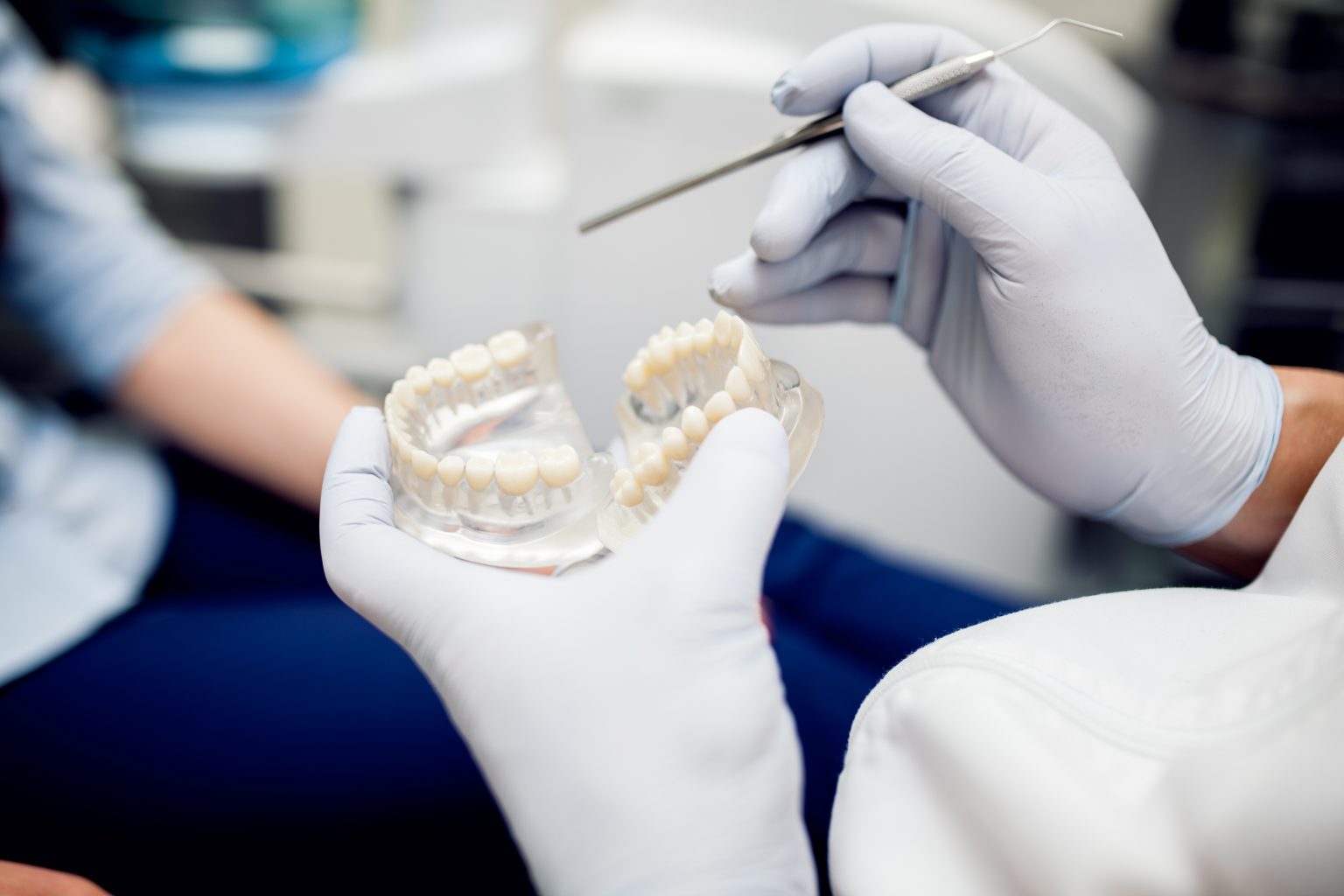Overview
Often called “laughing gas,” nitrous oxide is a common sedative used in dentistry to help patients unwind throughout a variety of operations. Both nervous patients and those having more extensive dental work frequently choose it because of its safety, efficacy, and quick commencement. Through frequently asked questions, this article explores the use of nitrous oxide during dental treatments, as well as its advantages and important factors.
1. What is the purpose of nitrous oxide in dentistry?
When inhaled, the colorless gas nitrous oxide has a relaxing effect. In dentistry settings, a mask covering the patient’s nose is used to provide a nitrous oxide and oxygen mixture. Quick sedation is made possible by this technique, which helps patients feel calm while still being alert and able to follow the dentist’s instructions.
2. What Dental Procedures Can Nitrous Oxide Help With?
Numerous dental treatments can benefit from the use of nitrous oxide, including:
- Regular cleanings
- Extractions of fillings (such as wisdom teeth)
- Root canal therapy
- Treatments for periodontal disease
- Cosmetic operations
3. How Is Nitrous Oxide Beneficial for Dental Procedures?
During dental operations, nitrous oxide offers several advantages:
- Anxiety Reduction: It is perfect for individuals who are anxious about going to the dentist because it reduces feelings of fear and anxiety.
- Pain Relief: Because of the gas’s analgesic qualities, procedures are less painful.
- Better Tolerance: Nitrous oxide sedation may help patients handle lengthier or more involved treatments.
4. Is Everyone Safe to Use Nitrous Oxide?
Despite being widely regarded as harmless, nitrous oxide might not be appropriate for some people. Before utilizing nitrous oxide, patients with respiratory conditions, vitamin B12 deficiencies, or pregnant women should speak with their dentist. In order to determine the suitability, dentists will review each patient’s medical history.
5. What Can Patients Anticipate While Receiving Nitrous Oxide?
Patients will inhale nitrous oxide through the mask during the operation. They will feel at ease very fast, and they can feel euphoric or dizzy. Throughout the procedure, patients are able to speak with the dentist and stay conscious.
6. How Much Does Nitrous Oxide Cost for Dental Procedures?
The operation being done and the dental clinic determine how much nitrous oxide costs. For nitrous oxide sedation, patients should budget between $50 and $200 on average. It is advisable to verify with your provider in advance as certain insurance plans may cover a portion of this expense.
7. Does Nitrous Oxide Have Any Side Effects?
Nitrous oxide has few adverse effects on the majority of patients. However, during or after the surgery, some people may experience nausea or vertigo. Usually temporary, these effects go away as soon as the nitrous oxide is stopped.
8. What Takes Place Following the Procedure?
Nitrous oxide’s quick recovery period is one of its main benefits. Patients typically revert to normal within minutes of the treatment being finished and the nitrous oxide being switched off. This enables people to quickly return to their regular activities or drive themselves home after their appointment.
In summary
An efficient sedative for dental work is nitrous oxide, which calms patients and lessens discomfort while doing procedures. Nitrous oxide makes for a pleasant dental experience because of its quick onset and quick recovery, especially for people who are afraid or anxious. To find out if nitrous oxide is the best option for you, talk to your dentist about it if you plan to use it during your next dental appointment. You might feel more at ease and knowledgeable while making decisions about your dental treatment if you are aware of the advantages and factors of nitrous oxide.

